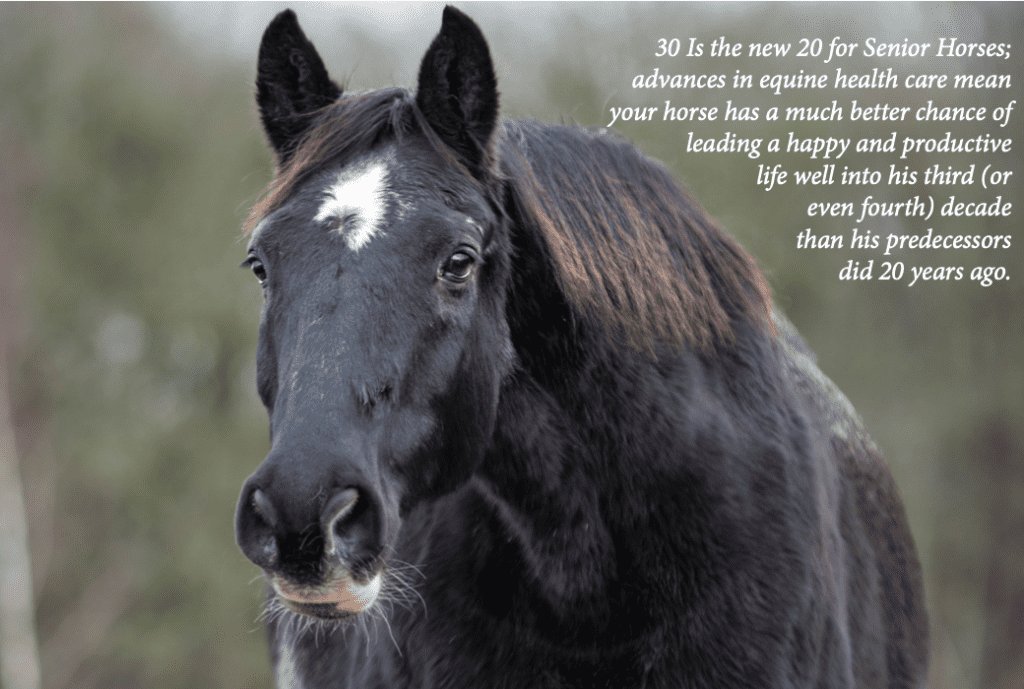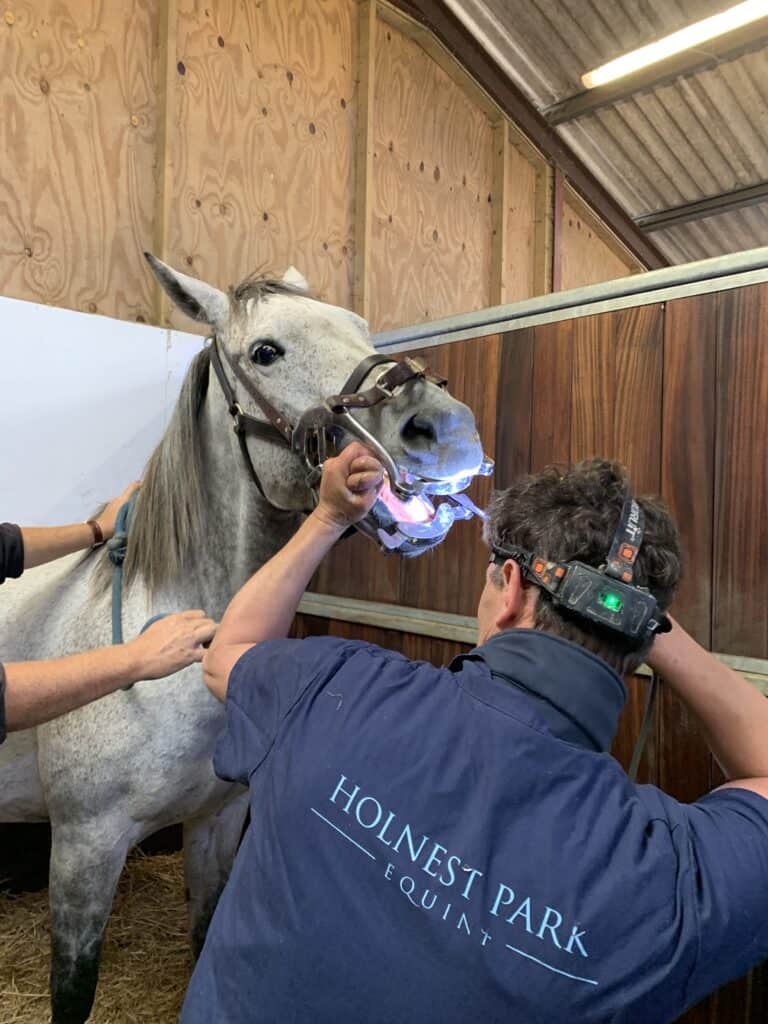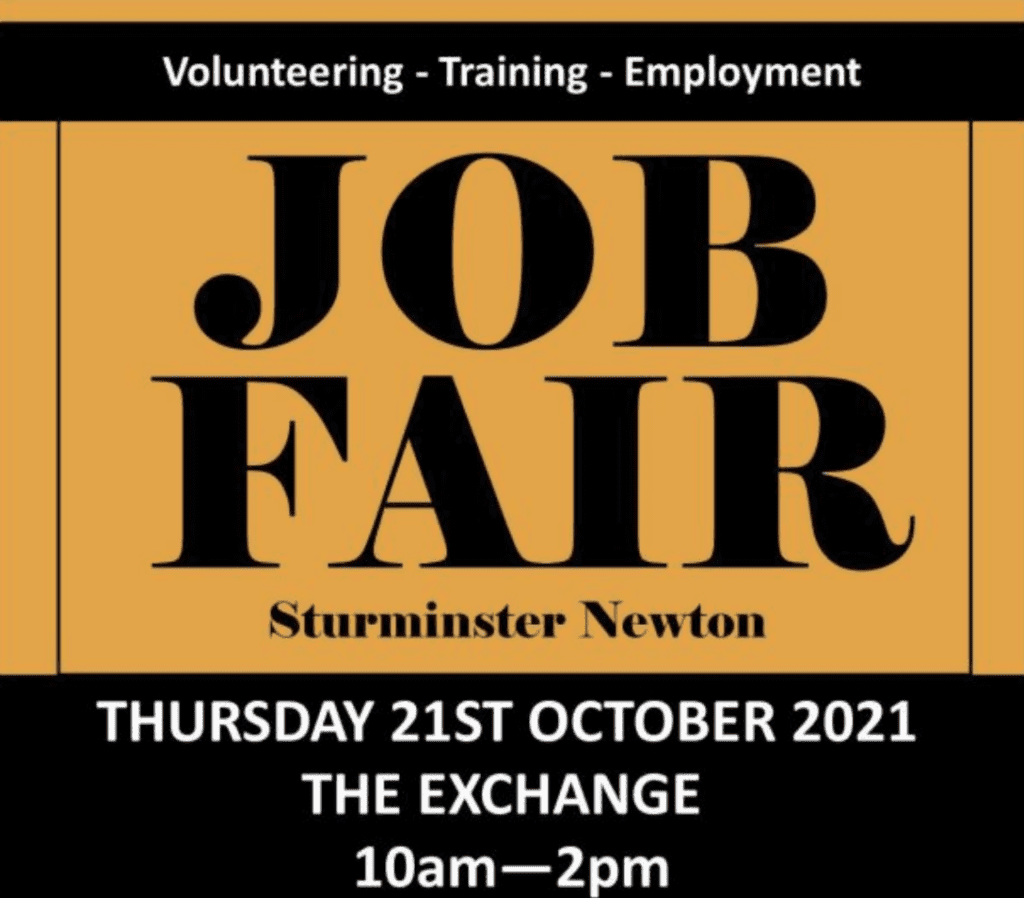Marriage is certainly on the decline; data from the office for national statistics shows that the latest marriage rates are the lowest on record.
Couples no longer consider it necessary to marry before they have children or buy property together; but what happens to jointly owned property in the event couples who are not married separate?
Most people in this situation are surprised to find out that the legislation in England and Wales which governs this situation is completely unrelated to Family Law and they are not protected by the Matrimonial Causes Act 1973.
The issue between the separating couple, would essentially be a dispute over property ownership; and, therefore, the legislation that assists is the Trusts of Land and Appointment of Trustees Act 1996 (also known as TOLATA).

What is TOLATA?
TOLATA gives Courts certain powers to resolve disputes about the ownership of property (or land).
Who can make an application?
An application is usually made by:
In addition, there are other parties that can make an application, such as a personal representative of a beneficiary; a trustee in bankruptcy; a judgement creditor with a charging order secured against the property; or a receiver; however, these are less common.
When can a TOLATA claim be issued?
A TOLATA claim can be issued:
- To determine whether jointly owned property should be sold;
- To determine the respective shares that each co-owner is entitled to;
- To determine whether a party has a beneficial interest in the property, usually where that party’s name is not on the legal title and the legal owner is disputing the claim;
- To determine whether property subject to a trust of land, should be sold on the application of a creditor or a beneficiary such as a parent/grandparent seeking to recover their financial interest in the property.
The Court is asked to determinewho are the legal and beneficial owners of a property, and in what proportions.
Limitations
TOLATA limits a court to deciding on co-ownership of property. It does not give the court the power to:
- vary that co-ownership;
- adjust the proportions that each person owns;
- order that one party sells or transfers their share of the property to the other;
- order one trustee to do something that they are not permitted to do under the terms of the trust; or
- order that one party compulsory purchases the interest of the other party.
If you require any assistance in relation to jointly owned property, please contact Karen Watts on [email protected] or 01308 555639.

















